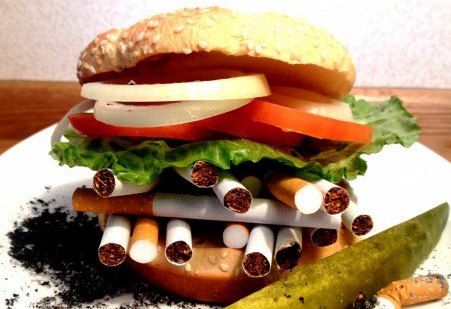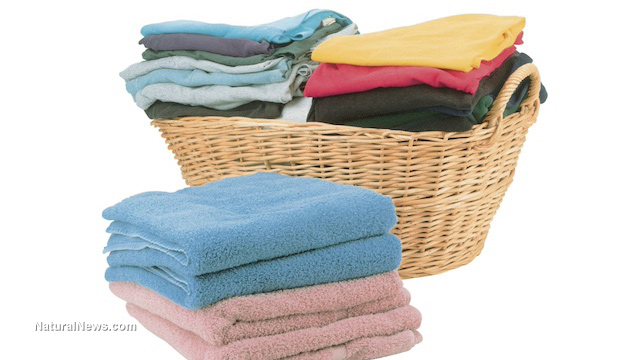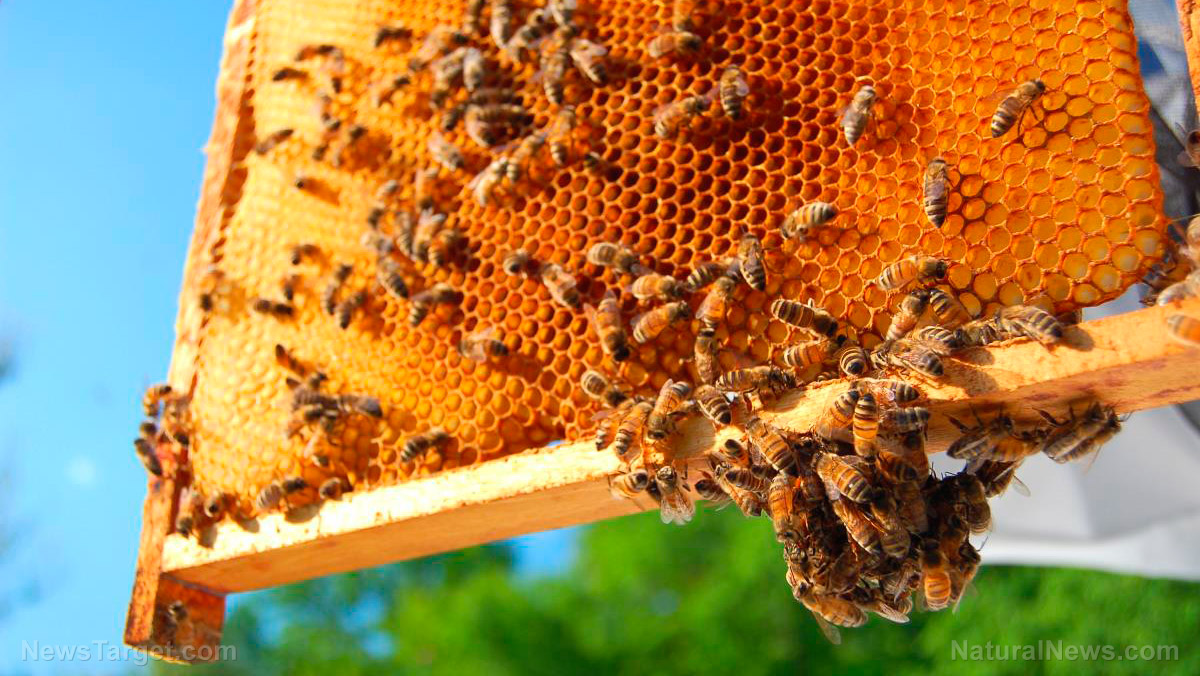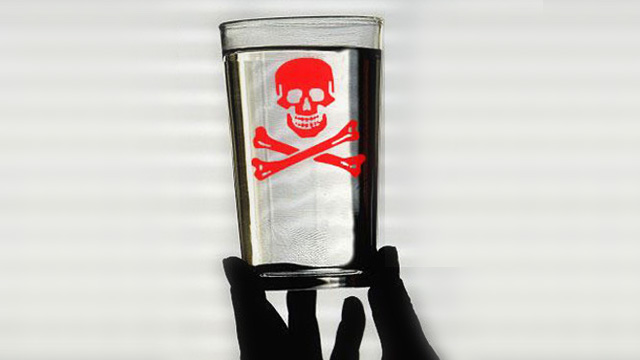These food heating and reheating techniques may damage your health
01/07/2019 / By Ellaine Castillo

After special occasions and holidays, it’s not uncommon for people to have excessive amounts of food in their refrigerators. Even on normal days, some people still have leftovers that they want to save for later. There’s nothing wrong with eating these foods; after all, they’re convenient and it would be a waste to just throw them away. However, food safety should always be considered above all these things. It’s not enough that the food hasn’t been contaminated during storage, you also have to make sure that the process by which you heat and reheat leftovers before eating them is safe.
There are a lot of heating and reheating techniques that are used by many people without them knowing that these are actually damaging for their health. These harmful practices involve the use of products that release toxins to your food. Below are some examples of things that you should avoid using when heating and reheating your foods:
- Microwave — Most people have a microwave oven in their homes due to its convenience. However, many are not aware of the problems associated with using it. Microwaves don’t just zap away the original nutrients found in the food, they also emit radiation that interferes with heart rate. A study conducted by researchers from the University of Vienna has associated microwave use with nerve damage and poor kidney function. Furthermore, it is said to reduce liposome activity, thereby allowing harmful bacteria to thrive. Instead of using the microwave, you can just heat up your food on the stove. It might take longer but at least it’s safer.
- Saran wrap, plastic ware, styrofoam — If you end up needing the microwave for some reason, make sure not use plastic or styrofoam containers, or even plastic coverings. These products release harmful substances when heated. Some of the most harmful toxins released by these products include polyethylene terephthalate (PET) and bisphenol A (BPA), which are known endocrine disruptors and have been linked with diseases like cancer. Additionally, styrofoam contains styrene, another compound deemed by scientists to be a possible cancer agent.
- Teflon cookware — Teflon-coated cookware is great since you’re food doesn’t stick to them. However, the main ingredient needed to make most non-stick surfaces, which is polytetrafluoroethylene (PTFE), is a to cause cancer in humans. Moreover, certain Teflon products also have perfluorooctanoic acid (PFOA). This chemical has been associated with problems of the immune system, thyroid, and pancreas. (Related: PFOA Teflon chemical has poisoned nearly the entire world.)
- Aluminum foil — Many people also use aluminum foil to cover their food as it’s being heated up. Unfortunately, the heating process releases aluminum into the food. This could lead to aluminum exposure, which has been associated with neurological problems. Excessive exposure can even lead to Alzheimer’s, autism, and ADHD.
Foods that should never be reheated
It is also important to note that there are certain foods that should never be heated or reheated. This is because the process makes them toxic even if they weren’t before. Some examples of foods that you should just consider eating cold include the following:
- Vegetables that are rich in nitrates — When you heat nitrate-rich vegetables, the nitrates get converted into nitrites before they reach the mouth, which makes them more toxic than before. If you keep heating and reheating these vegetables, the nitrites will accumulate and make your food more and more toxic.
- High-protein foods — The proteins in foods like eggs, chicken, and mushroom degrade every time you heat them, which could potentially strain your digestive system. Moreover, eggs and mushrooms are easily contaminated by microorganisms so it’s best to avoid eating leftovers of these.
- Rice — Bacterial spores easily grow on rice, especially when its left at room temperature. This could cause an upset stomach or even poisoning.
Read more news articles on how you can keep your food safe by visiting Food.news.
Sources include:
Tagged Under: Aluminum, bisphenol A, BPA, cooking-induced toxins, heating, leftovers, microwave, pet, Plastic, polyethylene terephthalate, polytetrafluoroethylene, PTFE, reheating, Teflon, toxins


















